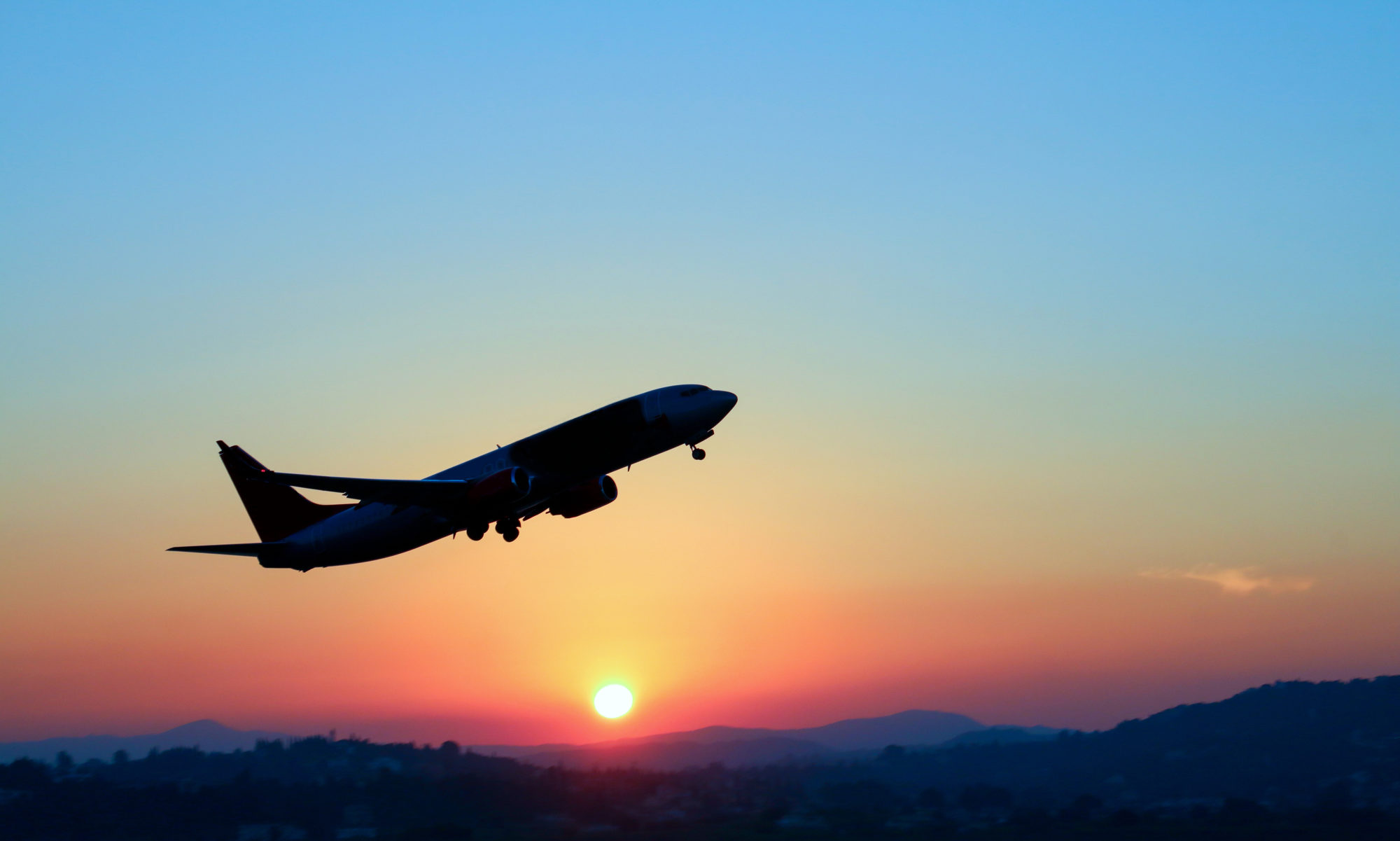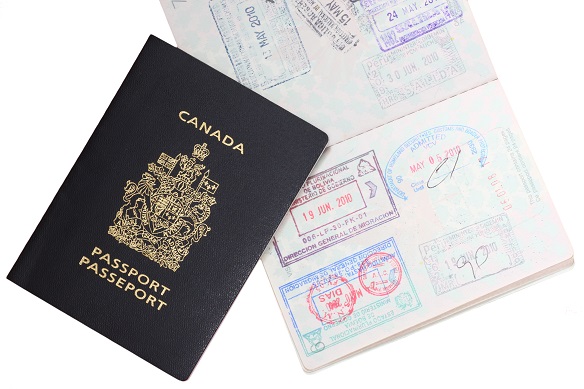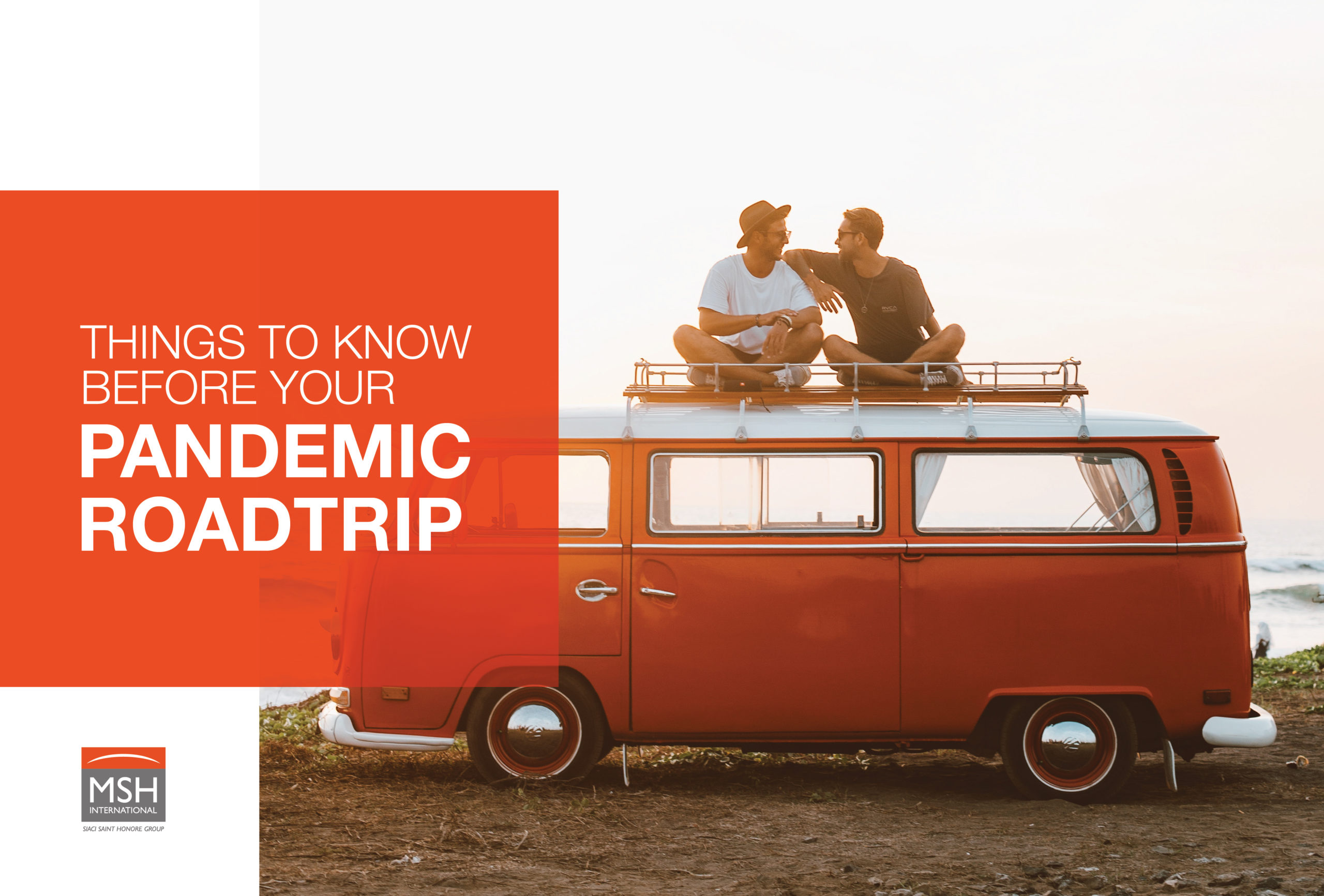One of the questions most frequently asked by Canadian travellers is, “How long can we stay out of the province or country?” There are a few things to consider on this one. For starters, it depends on your destination.
Here are the entry requirements and stay limits for the countries most visited by Canadians:
United States: Six months (about 182 days), whether all at once or over several cumulative trips, during a 12-month period.
Europe: 90 days, with no visa requirement however there are changes slated to take effect in May 2023.
The United Kingdom: Six months, or 180 days, with no visa requirement.
Cuba: Six months, however you must obtain an extension from immigration authorities for a stay beyond 90 days.
Mexico: Six months, or 180 days, however you must complete a Mexican tourist card, known as FMM (Forma Migratoria Múltiple).
Dominican Republic: 30 days, however you must obtain a tourist card for entry.
China: 30 days on a single-entry visa.
Australia: Three months on a mandatory Australian Electronic Travel Authority.
Now here comes the curveball: be sure to check the residency requirement in your home province. This is a set of rules that specifies the number of days that you must be physically present to qualify for provincial health benefits. While most provinces require that residents be present for six months to maintain their health coverage, it’s worth checking before planning a long-term vacation. Your residency requirement doesn’t affect your ability to leave Canada for vacation but it does impact your eligibility for provincial health benefits when you return.
No matter your destination country, it’s recommended that you always maintain at least six months of validity on your passport. Some countries may also require that your passport have a certain number of blank pages so be sure to do your research on entry requirements.
For peace of mind during your travels, take MSH coverage with you. Get a quote today!
Now, get packing!
Do you not see the answer to your question in the comments below? Feel free to get in touch with our experts for more assistance.








